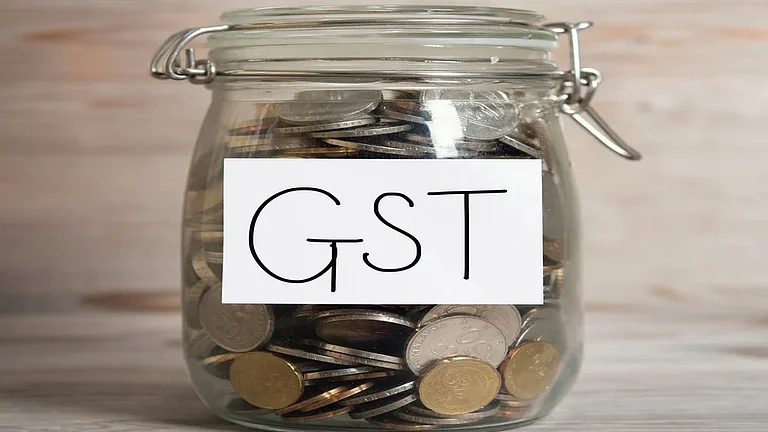GST Council exempts health and life insurance premiums from earlier 18% tax.
New GST structure simplified to two slabs, plus special 40% category.
Premiums may drop 15%, boosting affordability but straining insurer margins.
Healthcare items like oxygen, kits, spectacles now taxed at reduced 5%.
GST 2.0 Reforms: Centre Exempts GST from Individual Life & Health Insurance Policies, Policyholders to Benefit
The new decision will bring down the overall premium as the tax component has significantly come down.
In a major revamp to our existing GST rate structure, the GST council headed by Finance Minister Nirmala Sitharaman has exempted the taxes from health and insurance products, which earlier stood at 18 per cent.
The Finance Minister noted that the decision of the GST Council has been taken with full consensus and all ministers supported rate rationalisation."This was so much questioned last year. In parliament, Opposition members questioned, saying, 'You want to tax insurance premiums?' After a detailed study, taking stakeholders into confidence, we have come up with this so that families and also people who take individual insurance, get the benefit. Of course, we will make sure that companies pass on this benefit to people who are taking insurance. We want to give people who are looking to get medical insurance the relief," Sitharaman said.
The council approved simplifying the GST structure from the current four slabs -- 5, 12, 18 and 28 per cent -- to a two-rate structure -- 5 and 18 per cent. A special 40 per cent slab has also been proposed for a select few items such as high-end cars, tobacco and cigarettes, This comes after the GST 2.0 announcement made by Prime Minister Narendra Modi in his Independence Day speech, soon after India's exports to the US faced a 50 per cent tariff.
According to Sidharrth Sankar, Partner, JSA Advocates & Solicitors, "The removal of GST on Life & Health insurance eliminates a major roadbloack to greater insurance penetration. Together with the recent regulatory and FDI reforms, we now have all ingredients for sustained growth, which should provide a major tailwind to new investments and M&A in the sector."
The new decision will bring down the overall premium as the tax component has significantly come down. Additionally, improved affordability may encourage more households to purchase health cover, supporting broader financial inclusion goals.
As of FY2024, the government has collected Rs 16,398 crore from goods and services tax levied on healthcare and life insurance. Out of this, Rs 8,135 crore has been collected from life insurance and Rs 8,263 crore from health insurance. In addition to that, Rs 2,045 crore was also raised as GST from re-insurance on life and health insurance last fiscal, including Rs 561 crore from reinsurance on life and Rs 1,484 crore on health care, an NDTV report quoted.
In the health sector, thermometers, medical-grade oxygen, diagnostic kits, reagents, glucometers, test strips and corrective spectacles have also seen GST rates cut to 5 per cent, easing the burden on patients and healthcare providers.
Commenting on the same, Sushil Suri, CMD at Morepen Labs said,“Bringing down tariffs on essential items like glucometers, test strips, thermometers, diagnostic kits, and medical-grade oxygen to 5% is a big relief for customers, especially in a country often called the diabetic capital of the world." He further said that this move under the government’s relief package will not only ease the burden on patients but will also fuel growth and innovation in the healthcare sector.
"Markets will be on fire now as affordable health truly takes center stage," he added.
Even though lower premiums are expected to boost demand, insurance companies could see a 3-6 per cent impact on combined ratios (CR) in the retail health segment, mainly due to slower repricing of renewals which may take 12-18 months.
According to analysis by HSBC, a full exemption could reduce health insurance premiums by around 15 per cent. However, the government may face a revenue shortfall of USD 1.2-1.4 billion annually from GST on premiums if exemptions are granted, the report had said.

